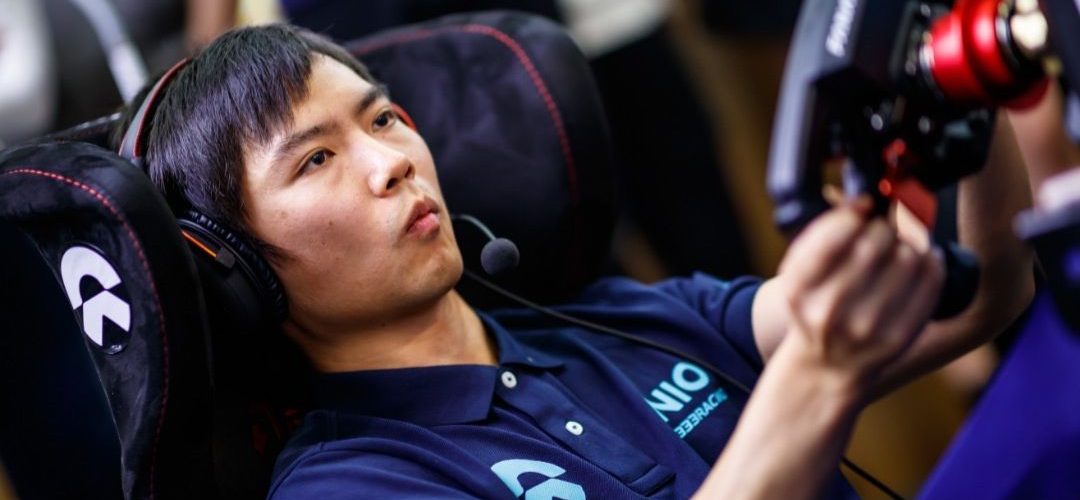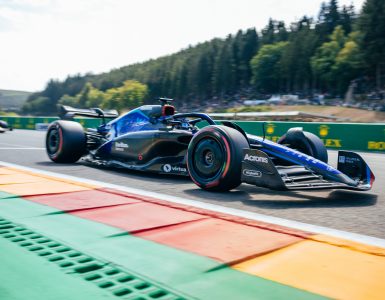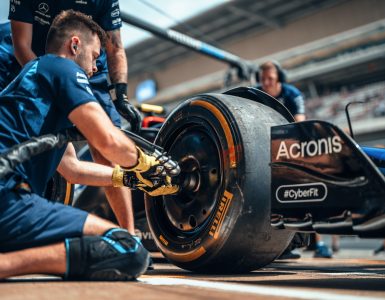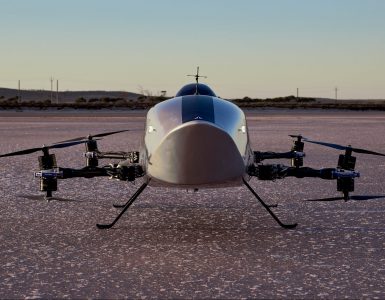As Esports continues to keep fans and drivers alike entertained during the global coronavirus pandemic, the Formula E community became the latest to jump aboard with the ABB Formula E Race at Home Challenge, arranged to raise money in support of UNICEF.
The inaugural event, held around the shortened Formula E Monaco circuit, pitted 21 racing drivers against one another in the virtual world and provided great entertainment, with Esports fans and regulars Maximilian Guenther and Stoffel Vandoorne atop the podium.
Perhaps more interestingly for fans, however, is when the real drivers come up against the Esports professionals in events such as Veloce Esports’ ‘Not the Bahrain GP’, arranged at short notice after the cancellation of the Australian Grand Prix weekend. It provided an intriguing battle of profession drivers versus professional gamers, Lando Norris, Nicholas Latifi, Nico Hulkenberg, Stoffel Vandoorne and Esteban Gutierrez trying their luck against the stars of the virtual world.
The result? Unsurprisingly, it was the pro gamers who came out on top, and easily, with Daniel Bereznay, Jarno Opmeer and James Baldwin locking out the podium but Latifi an impressive fifth, albeit 25 seconds adrift of the winner with Vandoorne seventh; Norris 10th and Gutierrez 11th in the opening race – Norris the best of the ‘real racers’ with seventh place in race 2.
Special guest appearance in this weeks #OOTW… @NicholasLatifi with this insane overtake around the outside during our #NotTheGP Versus!
Full video here: https://t.co/0YyY4IGI5E pic.twitter.com/23xePsyht0
— Veloce Esports (@VeloceEsports) April 22, 2020
Since those early rounds, and with many more hours of practice on unfamiliar games under their belts, the drivers have naturally become better and better at this new form of racing, Norris and Charles Leclerc winning races and proving the standout performers of the racing drivers proper when against one another.
Of course, racing real cars around real circuits with fireproof overalls and helmet, all the time experiencing physical loads of up to 3G, is a different kettle of fish indeed. So, could these expert gamers become decent racing drivers in the competitive motorsport world proper? One man who should know the answer to that question more than most, is Veloce Esports co-founder and defending ABB Formula E champion, Jean-Eric Vergne.
“No, because that’s not their target,” Vergne told Motorsport Technology. “We contacted many of the top gamers at Veloce and there dream is not really to race, maybe to drive the car and feel what it actually feels like, but they’re really focusing on what they’re good at, and what they’re good at is the Esports side of things. They want to be the best at what they do. To then start another career in real motorsports is going to be extremely difficult for those guys.”
One driver who has successfully bucked that trend is Jann Mardenborough, whose victory in the GT (Gran Turismo) Academy competition in 2011 paved the way to a successful career in motorsport, including third in the LMP2 class on his 24 Hours of Le Mans debut. Since then, other competitions such as ‘World’s Fastest Gamer’ has seen Rudy van Buren become McLaren’s simulator driver, but such stories are an exception to the rule.
“I don’t think it’s even in the back of their minds,” explains Vergne. “All they really want to do is be recognised as the top gamer in Esports. They have sponsors, they are paid, they have contracts with managers, so in that respect it’s working the same as the real racing drivers and it’s becoming bigger and bigger. Nobody wants to be in the situation we are in, but coronavirus is going to be a massive push for the Esports industry, to take at least some positives from this bad time.”
On the flip side of the coin, Norris and Leclerc provide the evidence that, with enough time and practice, it is possible to get close to the times of the Esports professionals. But it’s all down to that. Time and practice. The real gamers put in thousands of hours to polish their skills on arcade-style simulators that, whilst impressively accurate, are far from the real thing.
Nobody produces better monologues when racing than @LandoNorris… Not none of y'all! 🤠 pic.twitter.com/2rcSIi7DYF
— Veloce Esports (@VeloceEsports) April 20, 2020
Much closer to the real thing are the state-of-the-art simulators used by teams, that are of vital importance to the racing drivers, particularly in Formula E.
“That’s something completely different, but it is extremely important for us,” adds Vergne. “In Formula One they have huge simulators but in Formula E it’s perhaps more important because you have only one day racing, two practice sessions and one qualifying which is one lap and then the race. So it’s very important to have the simulator that is correlating the track, your tyre model, your car model, battery models, everything really, so that when you arrive at the track, you as a driver know exactly what to do and the engineers on their side know exactly what to do during the race. They know what to expect if the battery is going to overheat or not.
“Therefore, today you could not go to a Formula E race without doing some days in the simulator. You just would not be able to perform. Absolutely no way. In Formula One, some drivers don’t even go that often to the simulator. They can go race to race without going to the sim and still be able to win races because you have so much practice in FP1, FP2, FP3. They have three hours of practice before qualifying, so there is plenty of time to prepare for the race.”
Crazy as it sounds now, there was a time in the early 2000s when consoles such as the PS1 and PS2 seemed state-of-the-art, and drivers new to certain circuits would use to familiarise themselves with the vagaries of said tracks, when once upon a time it was a merely a sheet of paper and a mechanic.
Yet, when Vergne was in his early days of being a Formula One driver for Scuderia Toro Rosso, it was not an idea he personally entertained. As for his latest foray into the industry he helped to set up, the DS TECHEETAH star said he wasn’t contemplating joining the racing side. That is, until simulator rigs were shipped to the homes of many of the participants by Formula E at short notice, so they could practice and get familiar with the game.
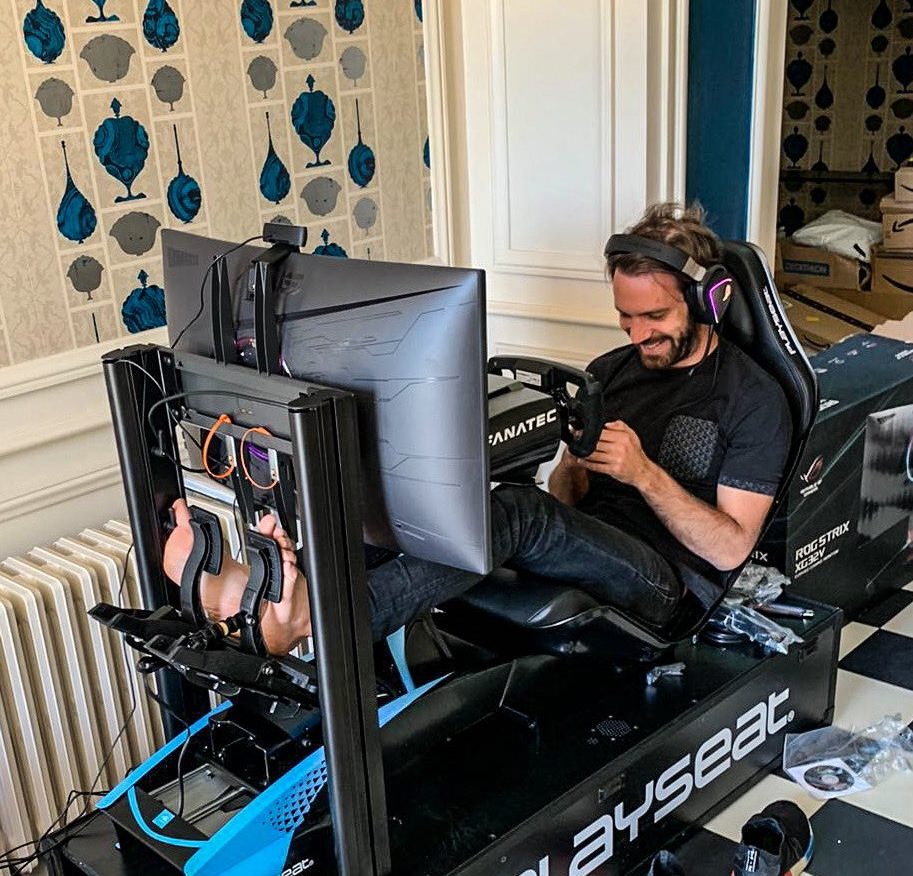
The result? Fourth on the grid and running third until a spin at the apex of Rascasse dropped him from contention and an eventual eighth, ahead of aforementioned gaming expert turned racer, Jann Mardenborough.
Thanks guys! See you next Saturday for Round 1 #RaceAtHome (it’s also my 30th bday 🎂) @DSTECHEETAH @DS_Performance and don’t forget to make a donation if you can, even the smallest gesture will make the difference @UNICEF https://t.co/KbiUM32VKK pic.twitter.com/RPKkU1q24E
— Jean-Eric Vergne (@JeanEricVergne) April 18, 2020

